Mutual Defense Treaty Pulls North Korea into War
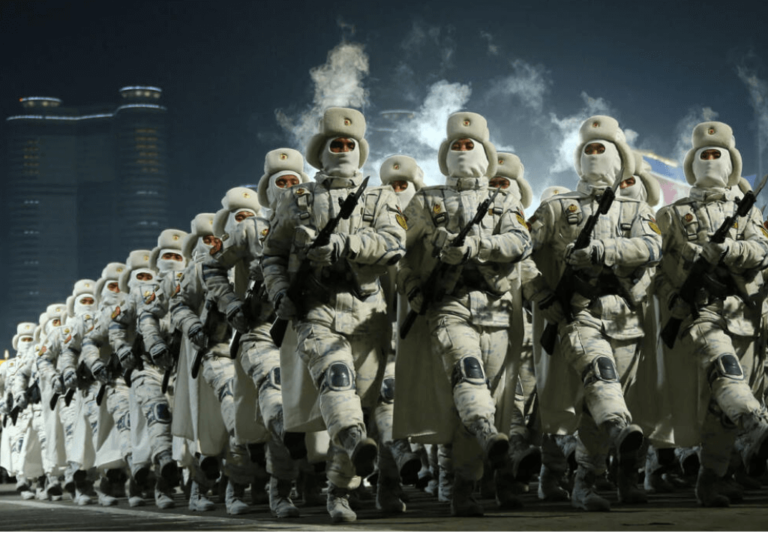
Russia's war in Ukraine has led to high casualties and recruitment challenges, now involving North Korean troops for support

Russia's war in Ukraine has led to high casualties and recruitment challenges, now involving North Korean troops for support

Donald Trump has been confirmed as the next U.S. president, defeating Kamala Harris in a historic election
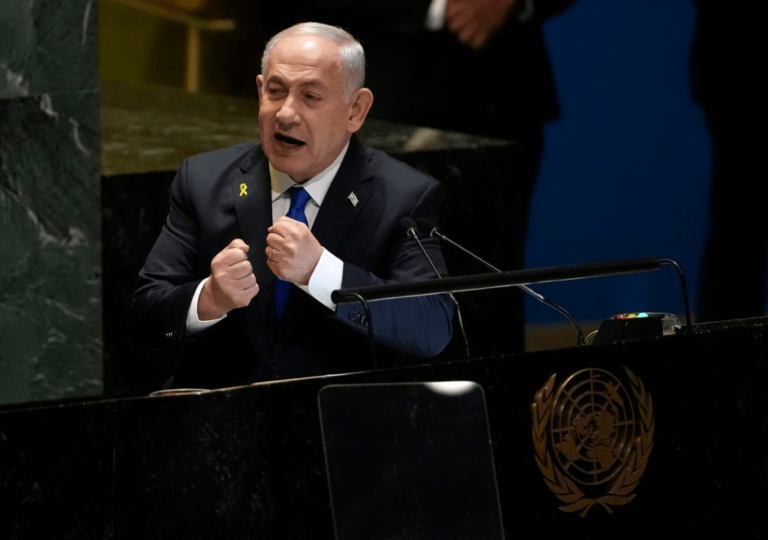
The United Nations struggles to maintain authority amid escalating global tensions, particularly in the Israel-Palestine conflict
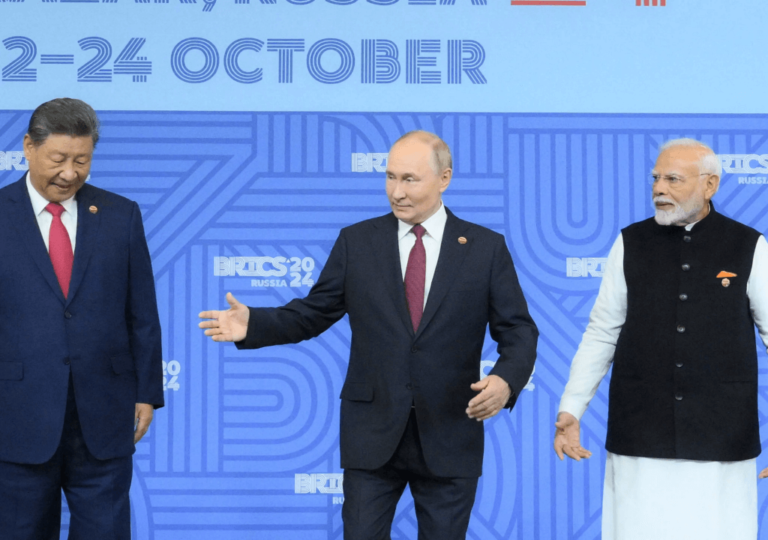
The 16th BRICS summit in Kazan highlights the bloc's growing geopolitical significance and its challenge to U.S. dominance
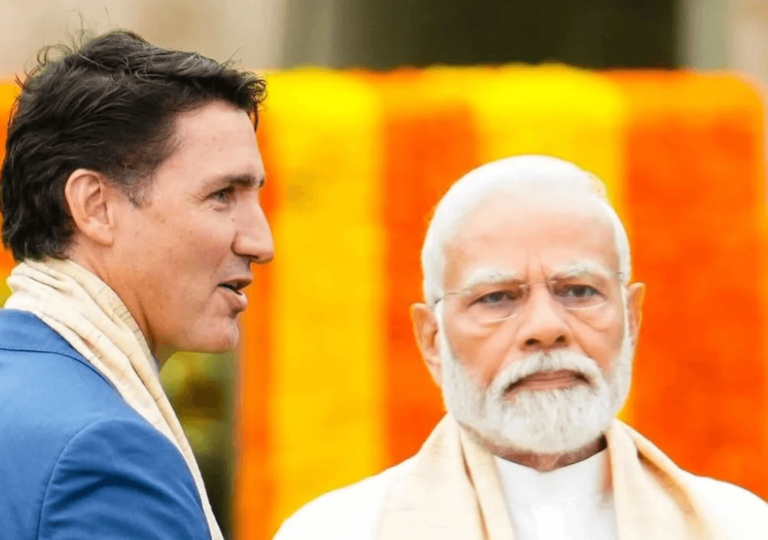
India and Canada face escalating tensions over the killing of Sikh separatist Hardeep Singh Nijjar, leading to mutual diplomat expulsions
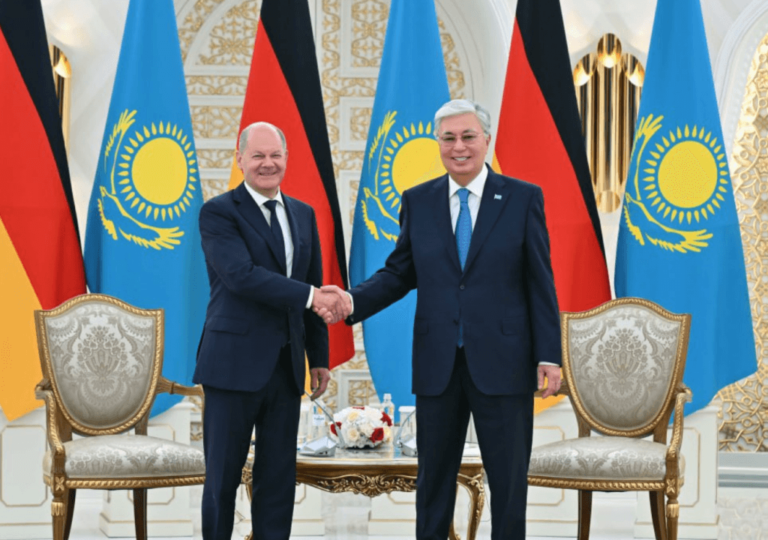
Germany seeks to strengthen ties with Central Asia for energy resources amid declining Russian influence

A series of pager explosions in Lebanon killed at least 12 and injured thousands, suspected to involve Israeli intelligence

Israel's war on Gaza continues, with the U.S. facing challenges in mediating effectively amid political divide
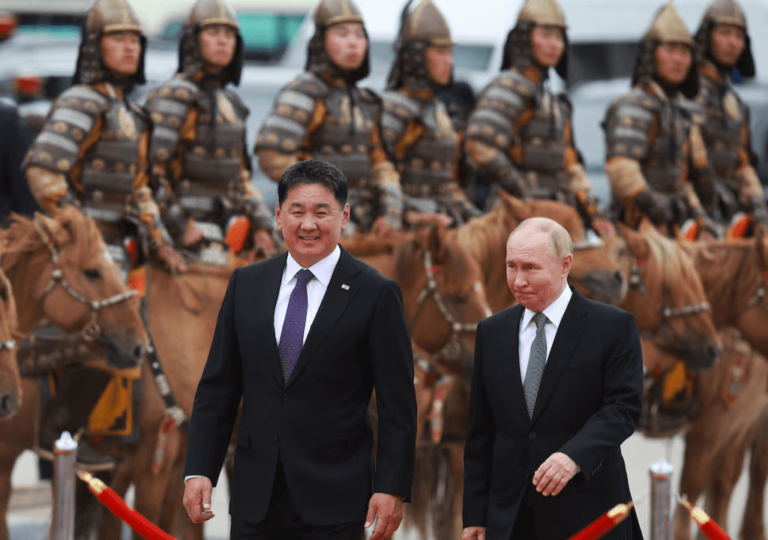
Mongolia welcomed Putin despite ICC arrest warrant, raising concerns over its international obligations and geopolitical stance

Israel's actions against Hamas are expanding throughout Palestinian territories, raising concerns over the future of a Palestinian state